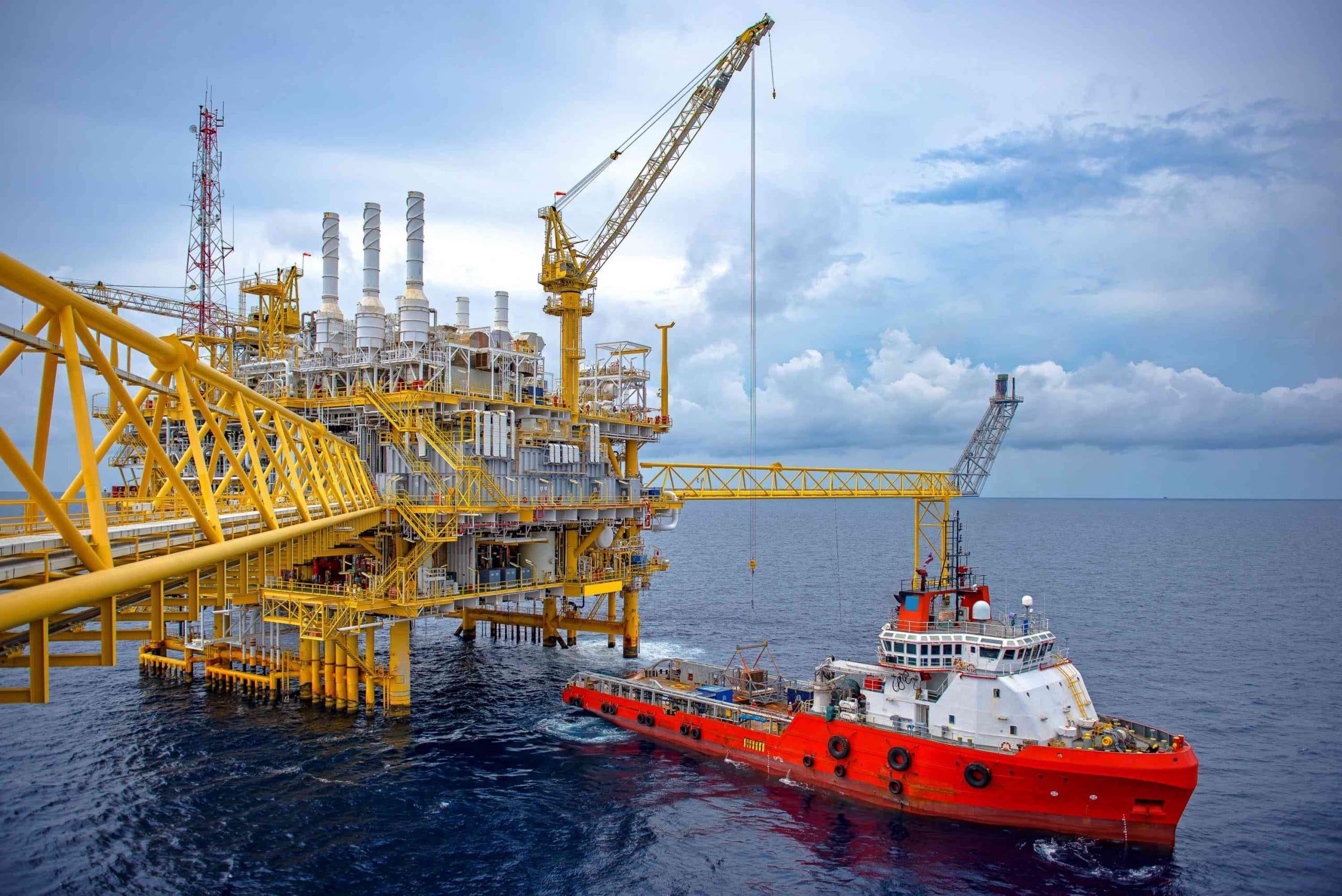A seafarer recently approached us. His career, from a legal and tax perspective, reads like an adventurous novel.
The client worked on drilling rigs, which are mobile platforms. He was employed through an agency based in a different country than the shipowner’s headquarters. At the same time, the shipowner had branches in several countries.
The work took place on a specific unit, with the possibility of the employee being transferred to other units owned by the shipowner in various parts of the world.
An additional complication in this scenario was that Poland had not signed a double taxation avoidance agreement with every country that needed to be considered in this case.
The client wanted to know if he had any obligations to the Polish tax office and, if so, whether his employment pattern would allow him to benefit from a tax exemption or abolition relief.
We treated the client’s seemingly intricate professional situation as a challenge.
We thoroughly analyzed the terms of his contract with the employer, the type of vessel, its operational location, and established the shipowner’s scope of activity.
Next, we carefully examined the relevant international agreements governing double taxation avoidance, as well as Polish tax regulations, to propose a solution that was both legally correct and most beneficial for the client.
The dedication, enthusiasm, and above all, the thoroughness and attention to detail of our team allowed us to break down this complex scenario into manageable parts and recommend steps that would not unnecessarily burden the client’s finances.
Thank to our efforts, the seafarer:
- received a favorable solution,
- can confidently prepare for the necessary steps before the Polish tax office,
- will be able to realistically reduce his tax liabilities in Poland, despite a very complex employment model.

